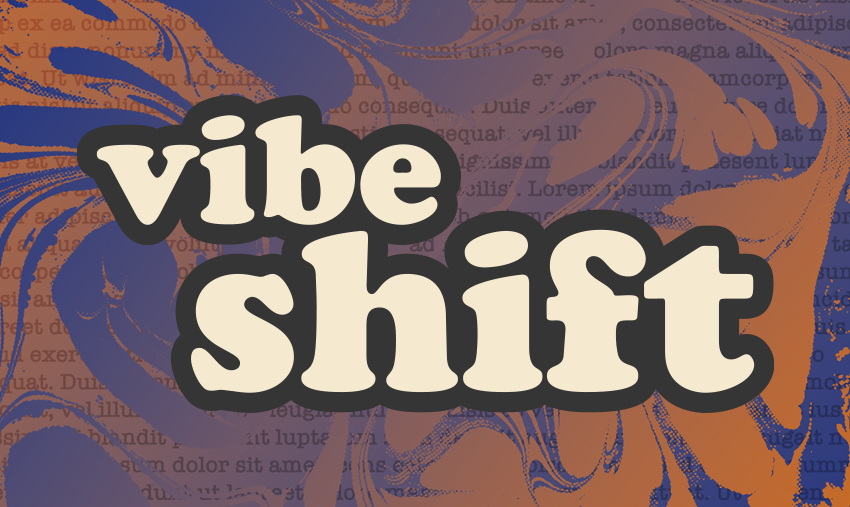The Enshittification Is So Bad, It’s a Word of the Year
And here we thought it was just us

Every year in December, the people who are supposedly in charge of the words start proclaiming their “Word of the Year.” Lexicographers, cultural critics, and internet randos set themselves to the task of finding one single word (or, uh, word-like entity) that is supposed to represent the year that was. In most cases, the word doesn’t need to be new; it could also just be newly useful or particularly salient. A sampling of some of the most prominent 2023 selections from 2023:
- Authentic (Merriam-Webster): The publisher explains that this common word “saw a substantial increase in 2023, driven by stories and conversations about A.I., celebrity culture, identity, and social media.”
- Hallucinate (Dictionary.com): They specifically chose a novel usage of this classic word, with the meaning “(of artificial intelligence) to produce false information contrary to the intent of the user and present it as if true and factual.” Just like M-W, they’re thinking about A.I. and our changing ideas about what counts as “intelligence.”
- Rizz (Oxford Languages): Now for something completely different: “Pertaining to someone’s ability to attract another person through style, charm, or attractiveness, this term is from the middle part of the word ‘charisma,’ which is an unusual word formation pattern. Other examples include ‘fridge’ (refrigerator) and ‘flu’ (influenza).”
However, a group of Very Serious Linguists called the American Dialect Society typically waits until January to make their selection, and we vote not only on a Word of the Year, but also on words from a dizzying array of categories. I’ve been a member of the ADS since 2012, when I began making a living out of linguistics. Sometimes, ADS makes prescient calls on the Word of the Year (2021’s “insurrection”) and sometimes, things just get weird (1990’s “bushlips”). But sitting in a room with a couple hundred professional linguists charged with the formidable task of choosing a WOTY is typically a really fun time, if you’re into that sort of thing.
On Jan. 5, 2024, after some heated debate, the ADS chose “enshittification” as its Word of the Year. As far as we can tell, the first usage of “enshittification” was by Canadian writer Cory Doctorow in January of 2023. Doctorow’s original context was the decline of social media platforms such as Facebook and X (formerly Twitter). As a person who made my bones (figuratively) on Twitter, I’ve been personally victimized by this enshittification. I used to be contacted on Twitter by journalists, curious students, and even corporate bookers for my linguistic expertise. But as the platform became enshittified (see, the word is productive!), its utility for such connections disappeared, since people got sick of being bombarded with Nazi propaganda and bots at every turn.
Enshittification is not just limited to online platforms; it seems to be all around us, as companies offer us inferior products and services while charging us more money. The day after the WOTY vote, a colleague was complaining about a canceled flight, due to a lack of planes after a door came off a plane mid-air. He mentioned that this type of incident was just an extreme example of the enshittification of flying that folks have observed for years. That same day, another friend mentioned how bad the NYC subway had become since she had last visited the city, claiming “the enshittification has made it harder to get around.” It’s not just you…our infrastructure, both physical and online, really does seem to be shittier, and this word concisely captures those vibes.
I hope that next year, the Word of the Year doesn’t need to reflect ongoing enshittification across society. If we’re lucky, maybe we’ll get another fun one like 2022’s “-ussy” – but, given that language tends to reflect what’s happening in society, I’d predict that we’re in for another linguistically bumpy year.
Vibe Shift is a column by linguist Nicole Holliday that examines how words and phrases are moving across the internet. Each month, we’ll explore new topics related to how the language and culture are changing.
